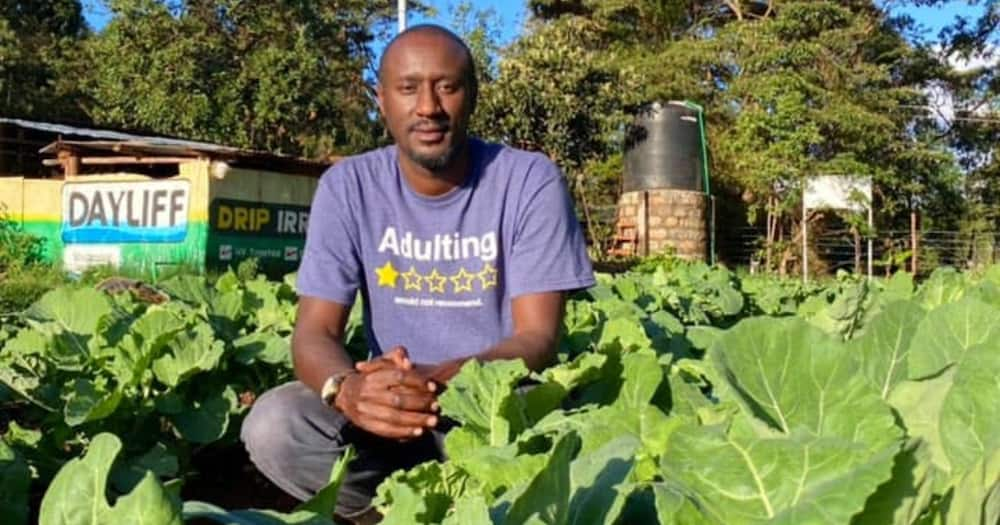By Bernard Gitau
Approximately one-third of the county’s food goes to waste, primarily due to its appearance. For many, discarded food is synonymous with spoiled ugali, expired flour, or uneaten githeri. However, Dr. Mary Mwale, a Food Security and Nutrition specialist at the Ministry of Agriculture, sheds light on the extensive process from the farm to the plate or refrigerator.

Mwale points out that cosmetically imperfect or “ugly” fruits and vegetables often end up in landfills due to factors such as bad weather or suboptimal growing conditions. Farmers like Caleb Karuga share their experiences, highlighting mistakes in cultivation practices that lead to the production of imperfect crops.

These imperfections, such as curved carrots or blemished apples, contribute to significant food loss. Mary Mwale emphasizes that this loss, especially in fruits and vegetables, is a pressing concern for the government, as the country already produces enough to meet consumption needs. However, approximately 30 to 40 percent of the produce is discarded due to perceived deformities.

The impact on food security is evident, with millions of Kenyans facing food insecurity, particularly in informal settlements and arid areas. Despite this, the potential solution lies in embracing imperfect fruits and vegetables. According to Wanjiku Njoroge of Planet Patrons, these seemingly flawed produce items offer comparable nourishment to their supermarket counterparts.

Imperfect food items, including crooked carrots and non-uniform watermelons, are often rejected based on industrial standards, leading to significant losses for farmers. The lack of a market for these imperfect foods results in wasted harvests, as highlighted by fruit farmer Mary Wanjiru. “In our dialect we call them ‘mathuro’ meaning rejects hence a candidate of dumping,” she said.
Beyond the economic impact on farmers, the rejection of imperfect foods exacerbates environmental issues. Not only does the improper disposal of imperfect foods contribute to methane emissions in landfills, but it also adds to climate change and environmental pollution. Daniel Wanjuki, the founder of Ecosave Africa, emphasizes the role of methane in global warming and its detrimental effects on air quality.
To address these challenges, Kenyans are urged to reconsider their attitudes toward imperfect foods. Embracing these rejected items not only reduces food waste but also contributes to a more sustainable and environmentally friendly approach to agriculture and consumption.
Edited by Neville Ng’ambwa








